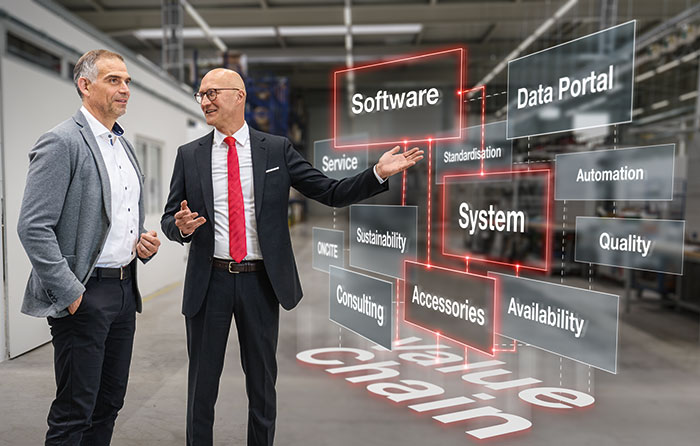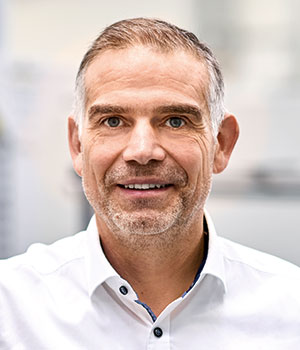Let’s talk about customers. What kind of customers are you interested in and what makes a good customer?
Thomas Basler: A good customer sees us not just as a supplier, but as an equal partner, and is interested in a long-term relationship. We are especially interested in customers who tell us they have an idea and require a service that extends from designing and planning all the way through to the finished product – and aren’t just looking to get a single enclosure manufactured. As a plant engineering company, it’s important for us to cover the entire electrical engineering value chain and get the most out of it.


